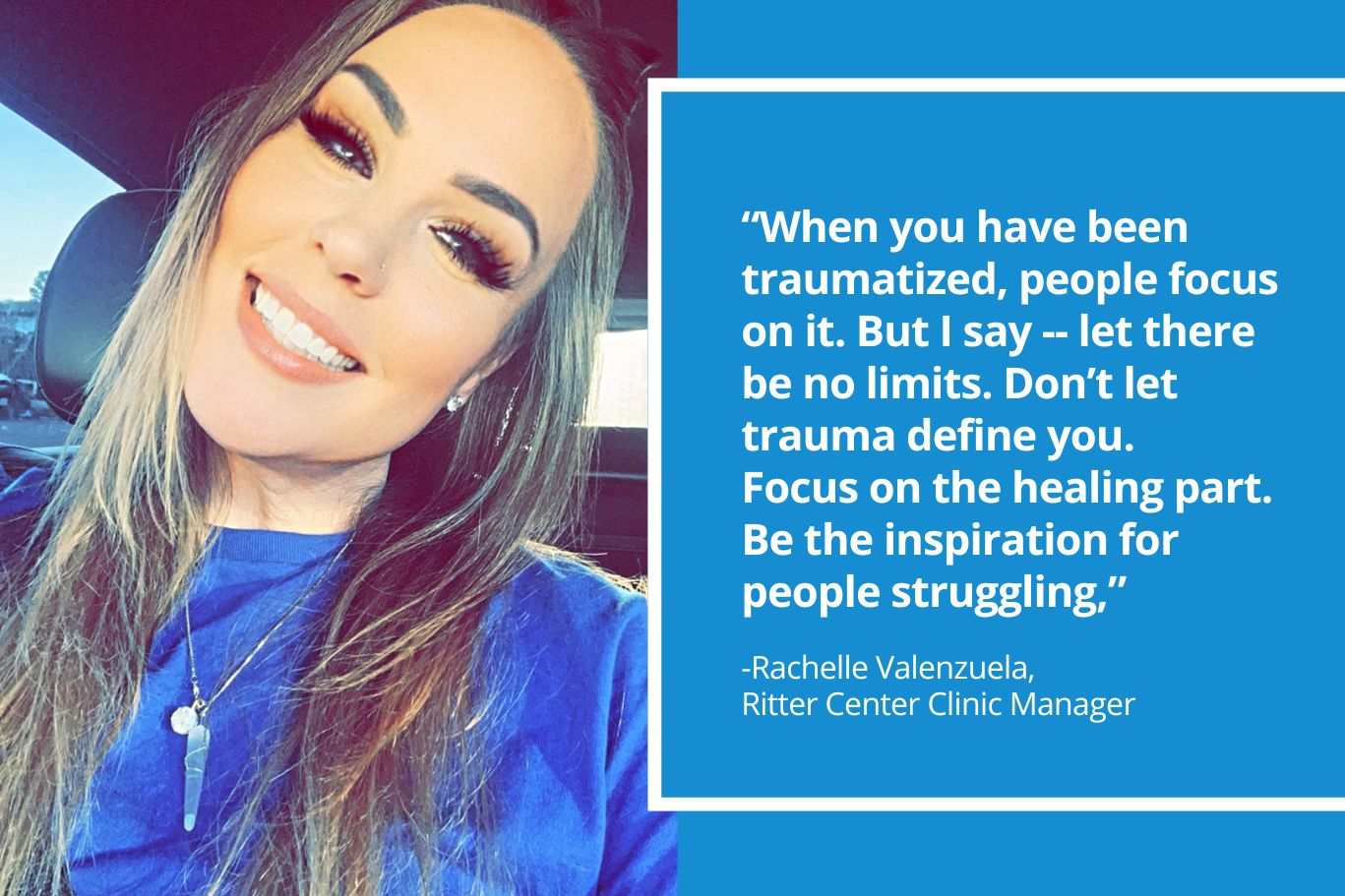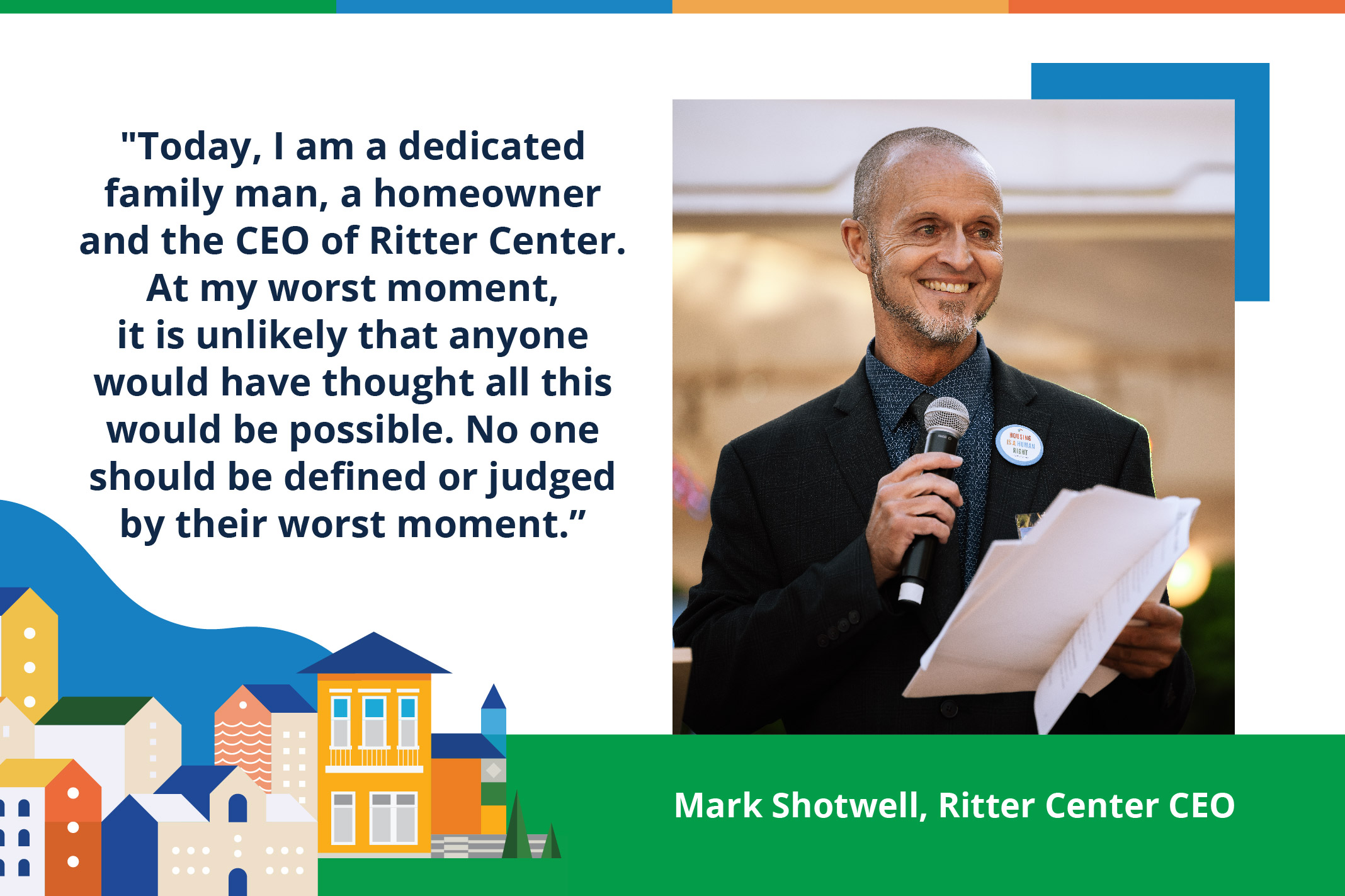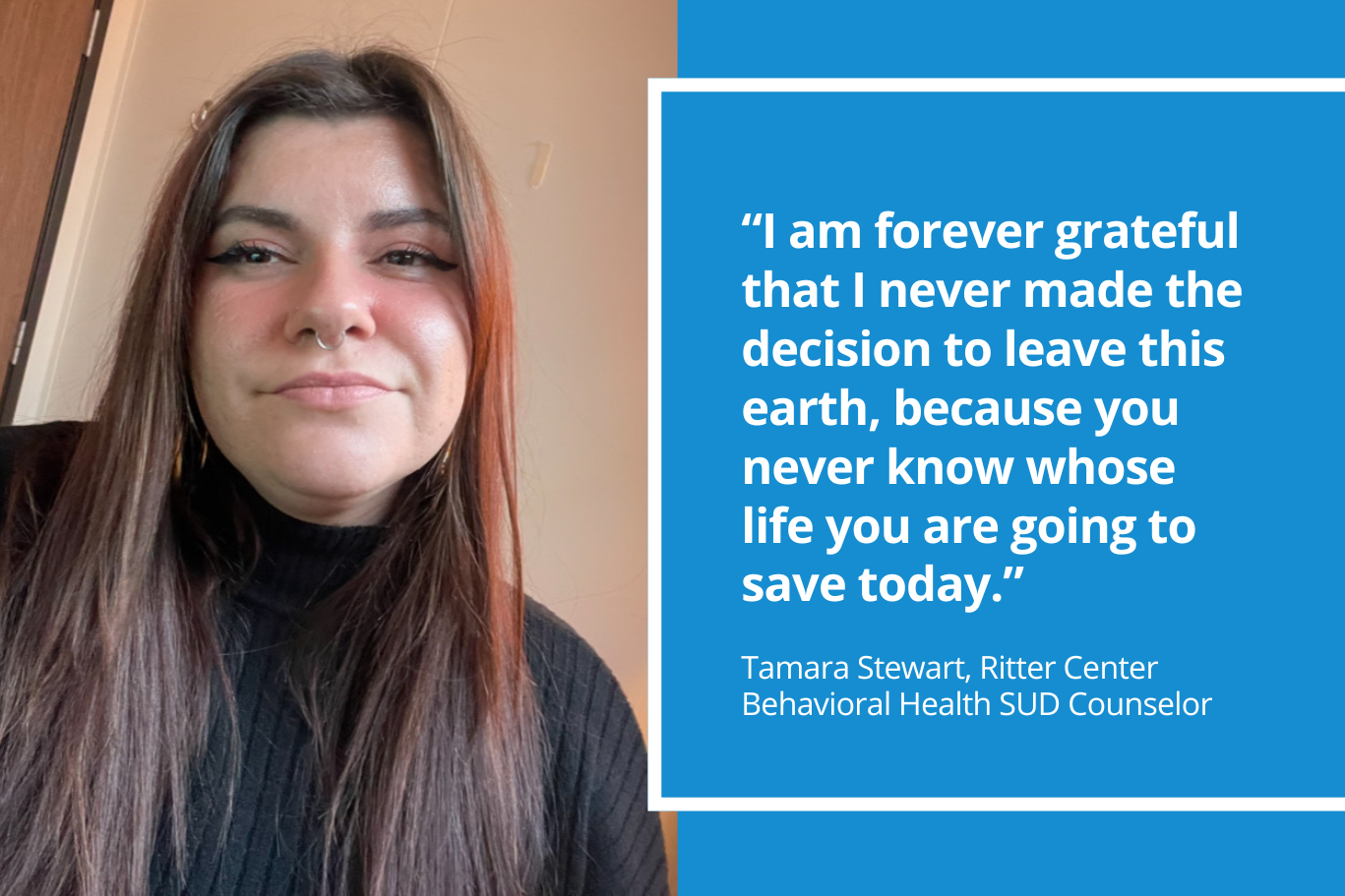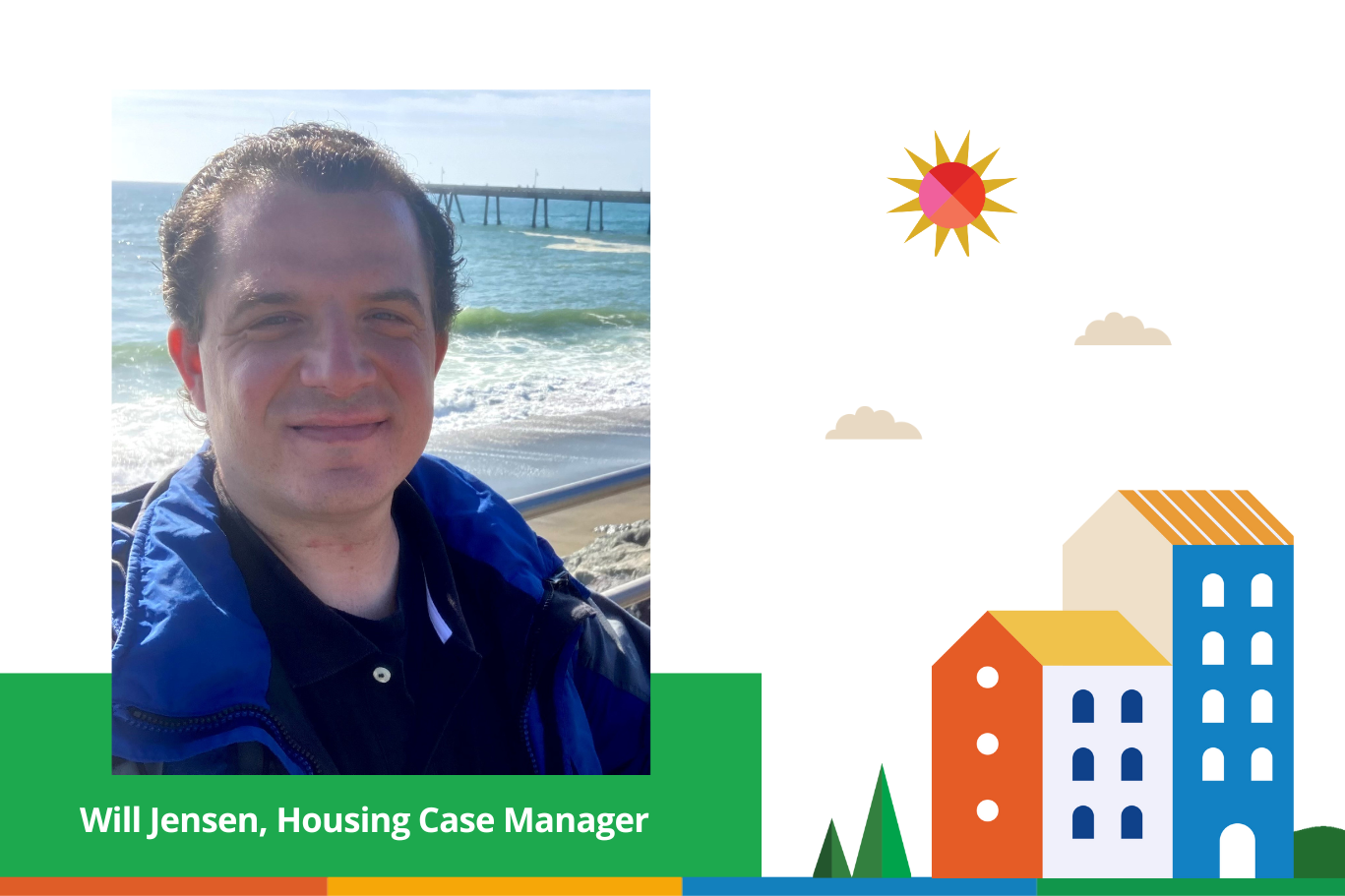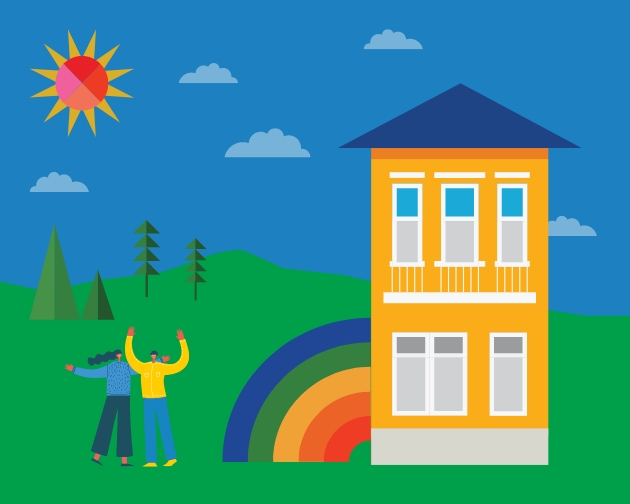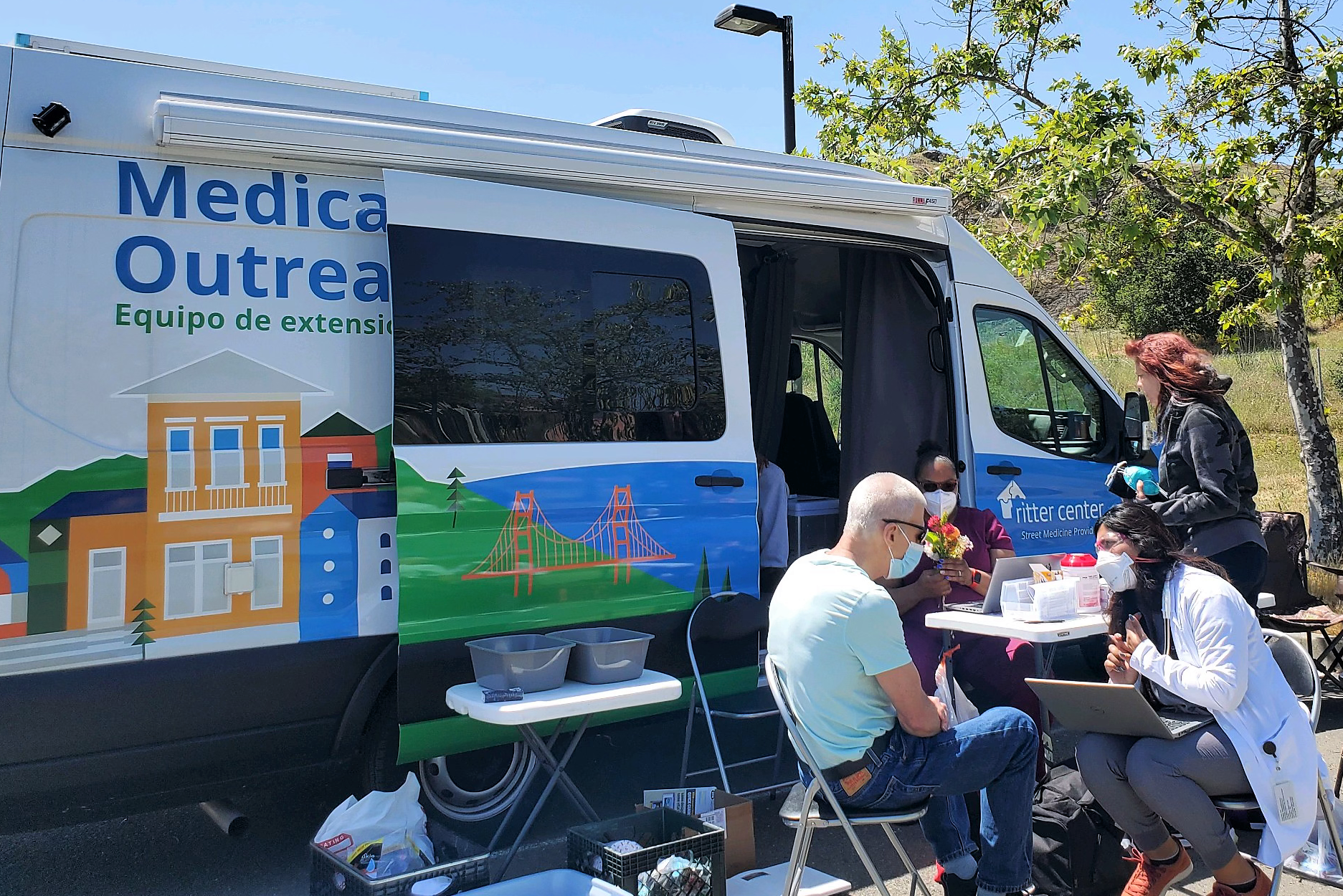
Ritter Center’s Mobile Medical Van to brings medical care to the underserved.
Ritter Center Clinic Manager Rachelle Valenzuela manages the Ritter Center street medicine program. A team that includes a medical provider, patient navigator/medical assistant and benefits specialist use the Ritter Center Mobile Medical Van to bring medical care to underserved and unserved individuals throughout Marin County.
“It is important for us to get out and to make ourselves accessible. There are many places to go, including West Marin that often gets forgotten by some in the County, because it is so remote. We can make progress on a number of fronts simultaneously: harm reduction; street medicine; Hep C; HIV testing, vaccines and more. The fact that Hep C is curable is amazing. It means that people don’t have to walk around with that disease anymore. When we raise awareness, we change lives,” said Rachelle.
Recently, the team was at New Beginnings, a homeless shelter operated by Homeward Bound of Marin that includes a medical respite partnership with Ritter Center.
“Many of the folks there are already Ritter Center patients. But sometimes, we understandably encounter someone who might be a bit standoffish or agitated. This time, we worked with one person in particular who had a lot of trauma. Ritter Center Street Team provider Aisha Patterson made a connection with him medically and she kept connecting and reconnecting with him throughout the day. By the end of the day, he was calling her his sister. He said that he trusted our team at that point, too. Then, when he came in the other day, for an actual in-person appointment to see our nurse practitioner Alec Bradbury, he lit up when he saw Aisha again. That’s what I like about having staff cross train, meaning that the people you see on the street medicine van are the same you see in the clinic. That way, they continue to build that connection,” emphasized Rachelle. “He came full circle. This is at the heart of our work. It is critical to be able to close the loop by engaging and building trust in the field in order to get a patient to come to the clinic because they know that they are going to see the same people.”
When the street medicine team goes out into the field for the day, they really have to plan ahead. What will they need that day? What additional supplies might they want to pack? What about vaccines? Once they confer and load up the van, they are on the road around 9am in the morning.
Their schedule takes them around the county: New Beginnings, Marinship Park encampment in Sausalito, Safe Sleeping Area in San Rafael, West Marin pantry, and to a variety of community centers.
There probably isn’t a typical day, but many of the health challenges addressed include wound care and daily hygiene education. Foot wound care is a common issue because socks are a major commodity that people don’t have access to, and the van is always stocked with socks to prevent the problem of bare feet full of blisters and cuts because people experiencing homelessness don’t necessarily have socks and shoes to wear. Basic needs like socks, shoes, underwear, jackets and more are always in high demand.
Other topics that the street medicine team can cover are interests in specialty care. Sometimes a patient hasn’t been able to see a doctor in a long time. One example is someone who had a heart attack and hasn’t been able to see a doctor yet.
“It is whole person care that we are providing. We can triage a person’s needs. By identifying their health care needs and addressing a lack of consistent health care access, we can begin the process to re-engage in their health and start the journey of healing and lifelong health,” said Rachelle.

